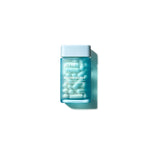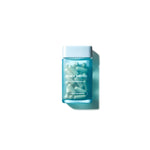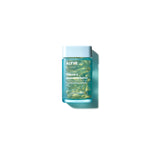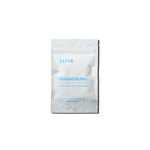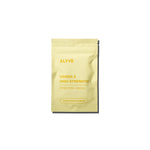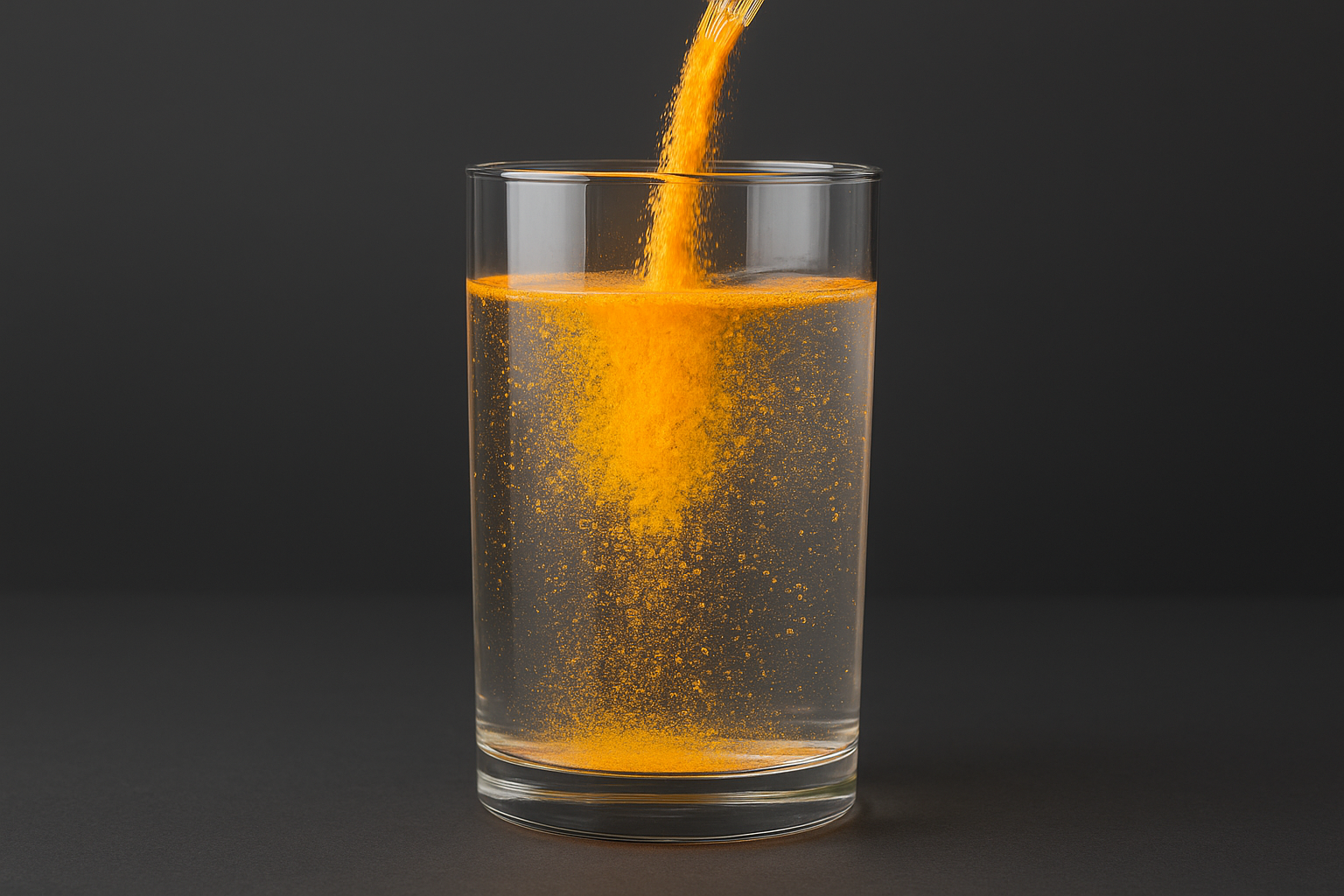Iron
Iron (Ferrous Gluconate) is essential for producing hemoglobin, a protein in red blood cells that carries oxygen to tissues. Without enough iron, the body struggles to generate energy, leading to fatigue, weakness, and impaired immune function. Ferrous gluconate is a form of iron that’s easily absorbed and gentle on the digestive system, making it a popular supplement choice.
Key highlights of Iron:
- Needed by the body to produce energy
- Contributes to the reduction of tiredness and fatigue
- Helps prevent and resolve anaemia
- Can increase metabolism and weight loss
- Supports the immune system
- Heightens concentration and improves cognition
- Improves sleep quality
- Can boost mood
Biochemistry Timeline
Iron supplementation typically shows initial improvements in energy and fatigue levels within 4 weeks, but full benefits, such as enhanced stamina and improved overall health, may take up to 12 weeks.
What is Iron?
Medicinal use of iron has long been recognised and dates back to ancient times. However, it was not until 1932 that its importance as an energy-yielding mineral was observed, being an essential part of haemoglobin - the red pigment in blood needed to carry oxygen around the body for use in energy production. According to the World Health Organisation iron deficiency is the most common nutritional deficiency in the world.
Iron is in higher demand during periods of rapid growth such as pregnancy or childhood. As the body loses iron during menstruation, women may be more susceptible to low levels. Vegetarians, endurance athletes and people on weight loss diets may experience low levels of iron.
Too much iron can also be unhealthy which is why here at Alyve we have included just the right amount in our formulations.
The Amazing Benefits of Iron:
Increased Energy
Iron is involved in a wide variety of metabolic processes including DNA synthesis and energy production. It is an essential part of haemoglobin the protein which transports oxygen throughout the body to cells where it is used to make energy.
As insufficient iron levels may result in a lack of oxygen reaching the cells, it’s no wonder that the most common symptoms associated with iron deficiency are feeling tired and a lack of energy.
Even if you don’t have iron deficiency anaemia (red blood cell deficiency) keeping your body well supplied with iron can help to improve energy production and contribute to the reduction of fatigue.
Weight Management
We know that with insufficient iron levels, your body has to work harder to transport oxygen to the cells for energy production. And if that’s the case, you may be less able to maintain an adequate exercise regime and active lifestyle required for weight loss.
Metabolism Support
However, studies show that regardless of activity level, iron supplementation in ladies with anaemia (iron deficiency) improved their metabolism resulting in weight loss, reduced waist circumference and Body Mass Index (BMI) as well as increased HDL (high density lipoprotein – this is the healthy cholesterol) and reduced blood fats.
Supportive in Fighting Infections
Iron contributes to the normal functioning of the immune system which we need to help us fight off infections and viruses. Deficiency is associated with an increased susceptibility to infection.
One study involving children reported significantly lower immune cell activity in children with iron deficiency anaemia than the healthy children.
Just as iron status can affect our immune system, alterations in our immune responses can lead to changes in our iron levels; inflammatory conditions can result in low levels and mild to moderate iron deficiency.
Neurological Benefits
Iron is found in the brain and is used in the production of neurotransmitters (chemical messengers) such as serotonin, dopamine and noradrenaline which help to regulate mood and behaviour. Depression is found to be a common disorder in patients with anaemia but even mild iron deficiency - well short of the levels commonly associated with anaemia – may cause adults to have short attention spans and teenagers to be less successful at school.
Some people who are affected by iron deficiency experience symptoms such as irritability and apathy and display behavioural and emotional signs similar to people with depression.
Supplementing with iron can support iron levels and help towards improved cognitive function and behaviour.
Sleep Benefits
Iron affects functions in the brain which play an important role in sleep regulation including the modulation of the REM (rapid eye movement) sleep which is the phase of sleep thought to play a role in learning, memory and mood.
Iron deficiency anaemia is known to affect sleep quality, quantity and timing regardless of psychological symptoms such as depression and/or anxiety and individuals with anaemia are more likely to suffer from insomnia.
Supplementing with iron has been shown to improve sleep quality and relieve sleep disorders. Iron is crucial for the production of haemoglobin, which helps transport oxygen throughout the body, including to the brain. Adequate oxygen levels are essential for proper brain function and regulation of sleep-wake cycles.
Summary
Iron (Ferrous Gluconate) is vital for hemoglobin production, enabling oxygen transport and energy generation. Insufficient iron can lead to fatigue, weakness, and immune dysfunction. Ferrous gluconate is well-absorbed and gentle on the digestive system. Benefits include reduced tiredness, improved metabolism, enhanced cognitive function, and better sleep quality. Supplementation typically shows initial improvements within four weeks, with full benefits, like increased stamina and overall health, emerging in about 12 weeks. Iron is crucial for immune support and neurological health, affecting mood and behavior. It is particularly important for pregnant women, vegetarians, and those with heavy menstrual cycles or increased physical demands.
FAQs
What are the symptoms of iron deficiency? Common symptoms include fatigue, weakness, pale skin, shortness of breath, dizziness, and brittle nails.
What type of iron supplement is best? Ferrous sulfate is commonly recommended for its effectiveness and absorption, but ferrous gluconate and ferrous fumarate are also good options. Consult a healthcare provider for personalized advice.
Can I get enough iron from my diet? Many people can meet their iron needs through a balanced diet rich in iron-containing foods like red meat, beans, lentils, and fortified cereals, but some may need supplements.
How should I take iron supplements for optimal absorption? Iron is best absorbed on an empty stomach and can be enhanced by taking it with vitamin C-rich foods or beverages, but avoid calcium and dairy around the same time.
Can iron supplements interact with medications? Yes, iron can interact with certain medications, including antibiotics and antacids. Consult your healthcare provider to discuss potential interactions.
Research:
- Lakhal-Littleton S. (2019). Iron Deficiency as a Therapeutic Target in Cardiovascular Disease. Pharmaceuticals (Basel, Switzerland), 12(3), 125.
- Weinberg E. D. (2009). Iron toxicity: new conditions continue to emerge. Oxidative medicine and cellular longevity, 2(2), 107–109.
- Abbaspour, N., Hurrell, R., & Kelishadi, R. (2014). Review on iron and its importance for human health. Journal of research in medical sciences : the official journal of Isfahan University of Medical Sciences, 19(2), 164–174.
- Houston, B, L., Hurrie, D., Graham, J., Perija, B., Rimmer, E., Rabbani, R., Bernstein, C, N., Turgeon, A, F., Fergusson, D, A., Houston, D, S., Abou-Setta, A, M., &Zarychanski, R. (2018) Efficacy of iron supplementation on fatigue and physical capacity in non-anaemic iron-deficient adults: a systematic review of randomised controlled trials. BMJ Open, 8:e019240.
- Aktas, G., Alcelik, A., Yalcin, A., Karacay, S., Kurt, S., Akduman, M., & Savli, H. (2014). Treatment of iron deficiency anemia induces weight loss and improves metabolic parameters. La Clinica terapeutica, 165(2), e87–e89.
- Aigner, E., Feldman, A., & Datz, C. (2014). Obesity as an emerging risk factor for iron deficiency. Nutrients, 6(9), 3587–3600.
- Jáuregui-Lobera I. (2014). Iron deficiency and cognitive functions. Neuropsychiatric disease and treatment, 10, 2087–2095.
- Cherayil B. J. (2010). Iron and immunity: immunological consequences of iron deficiency and overload. Archivum immunologiae et therapiae experimentalis, 58(6), 407–415.
- Hassan, T. H., Badr, M. A., Karam, N. A., Zkaria, M., El Saadany, H. F., Abdel Rahman, D. M., Shahbah, D. A., Al Morshedy, S. M., Fathy, M., Esh, A. M. H., & Selim, A. M. (2016). Impact of iron deficiency anemia on the function of the immune system in children. Medicine, 95(47), e5395.
- Agrawal, S., Kumar, S., Ingole, V., Acharya, S., Wanjari, A., Bawankule, S., & Raisinghani, N. (2019). Does anemia affects cognitive functions in neurologically intact adult patients: Two year cross sectional study at rural tertiary care hospital. Journal of family medicine and primary care, 8(9), 3005–3008.
- Murat, S., Ali, U., Serdal, K., Süleyman, D., İlknur, P., Mehmet, S., Bahattin, A., & Tunahan, U. (2015). Assessment of subjective sleep quality in iron deficiency anaemia. African health sciences, 15(2), 621–627.
